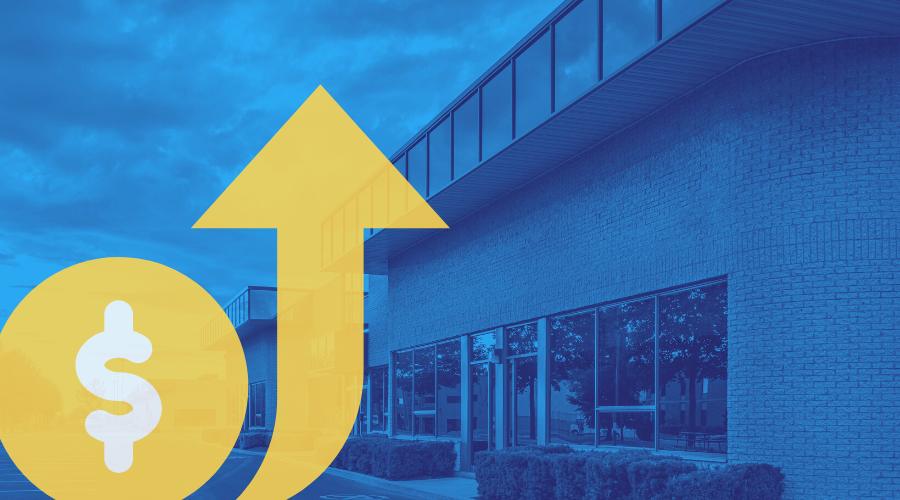
The insurance marketplace for sober homes is far from straightforward. As Chris Graham, addiction treatment insurance advisor at Bittner Henry Insurance Group, plainly states, the market is currently “very tight, very, very limited.”
A Limited Appetite for Risk
The primary reason for this “tight” market is that many mainstream insurance carriers have a limited ability to take on the unique risks associated with sober living environments. Unlike insuring a typical family residence, sober homes present a distinct set of exposures.
Chris explains that this limited interest impacts the market: “There’s not a great appetite with carriers. You have to know who is open to insuring sober homes and then know how they like these things to be done.”
Factors Contributing to Market Tightness
Several factors contribute to this constricted insurance landscape:
- Unique Risk Profile: Sober living homes house multiple unrelated individuals, often with varying needs and histories. This introduces a higher potential for:
- Property Damage: Incidents like fires (e.g., from a resident smoking in bed) are more frequent than in single-family homes.
- Liability Claims: The risk of slip-and-falls, altercations between residents, or incidents involving external parties is heightened.
- Professional Liability: Claims related to the care, supervision, or environment provided require specialized coverage.
- Abuse and Molestation: The vulnerable nature of the population makes this a critical exposure that many standard policies exclude.
- Regulatory Nuances: The evolving regulatory landscape for sober living homes across states can make it challenging for insurers to standardize their underwriting processes.
The Impact on Sober Home Operators
This “tight” market directly impacts sober home operators in several ways:
- Higher Premiums: With fewer carriers willing to take on the risk, competition is reduced. This often translates to higher premiums for the specialized coverage that is available.
- Stricter Underwriting: Carriers that do write policies for sober homes will have very specific and often rigorous underwriting requirements, demanding detailed information about operations, policies, and procedures.
- Limited Options After Non-Renewal: If a sober home is non-renewed by one of these few core markets, their options become even more severely restricted.
Navigating the Market: The Role of Expertise
Given these challenges, finding proper insurance for a sober home requires a highly specialized approach. Chris Graham emphasizes the critical importance of working with an insurance broker who deeply understands this niche:
- Specialized Knowledge: “I would ask my insurance agent: how many sober living homes have you worked with or currently work with? What are some concerns and areas that you see?” Chris advises.
- Market Access: An expert broker will have established relationships with the handful of carriers that do have an appetite for sober living risks.
- Proper Placement: The broker can ensure that the policy is correctly placed with the right carrier, under the correct business name, and with all operational details accurately disclosed to prevent future claim denials or non-renewals.
In a marketplace as “tight” as sober living insurance, a knowledgeable broker is the crucial bridge between your program’s vital mission and the comprehensive protection it requires to operate securely and sustainably.
To help you navigate this marketplace, find Chris Graham’s key questions to ask potential insurance brokers here. You can also read his monthly newsletter for addiction treatment.
Learn more about what insurance companies do with your money here.
Further Reading

Elopement Prevention for Senior Living Facilities
Ensuring resident safety is a key priority for all senior living facilities. A critical area of concern is the risk of elopement, or when a resident...

The Importance of Correct Property Valuations for Commercial Coverage
When purchasing or renewing their commercial property insurance, it’s vital for businesses to ensure such coverage includes correct property...
